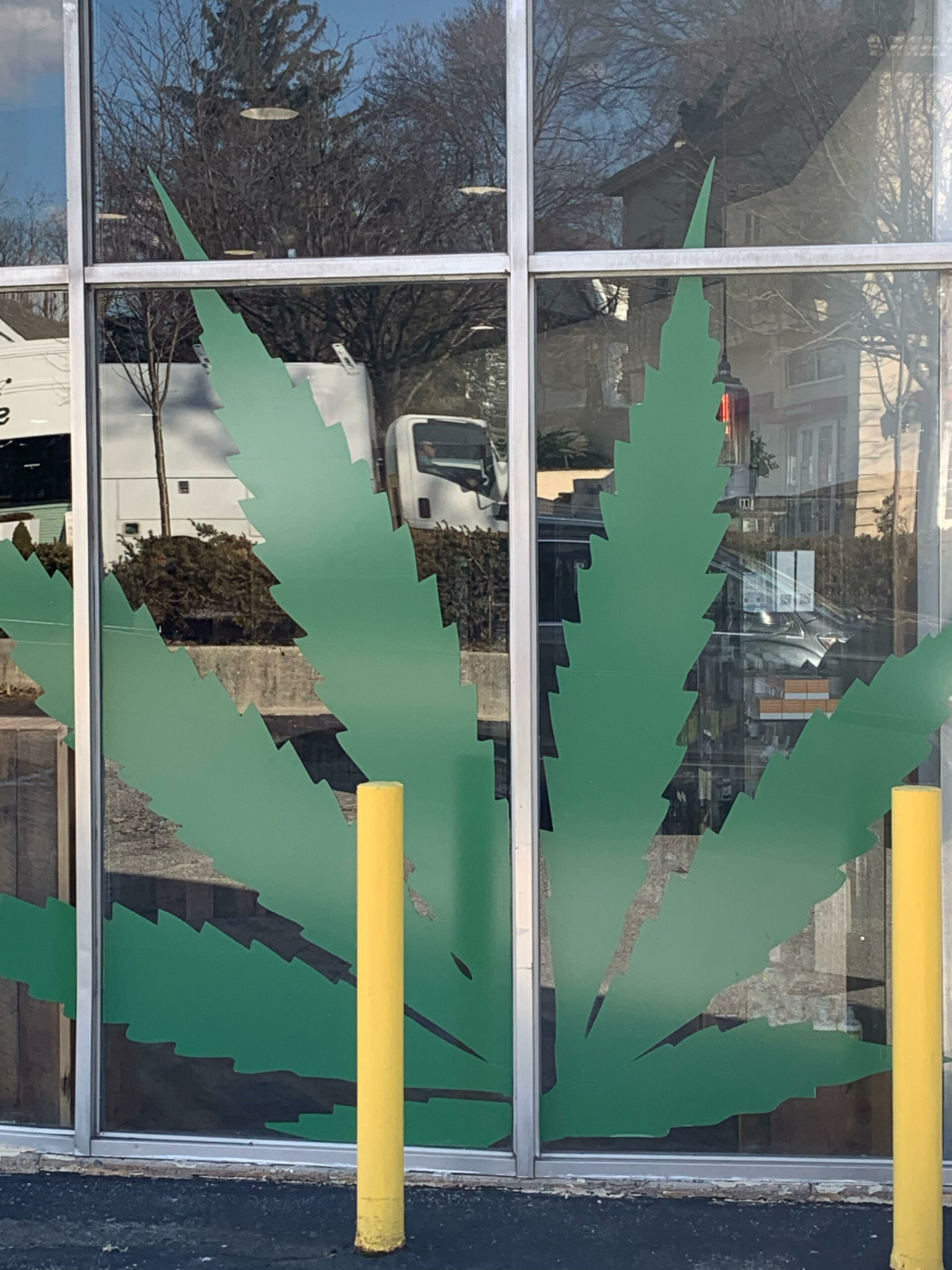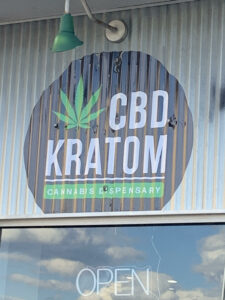Radnor Wins Round One With CBD Kratom

Last spring, Radnor officials unanimously passed an ordinance that prevents the controversial store, CBD Kratom, from opening at the site of a former Starbucks on Lancaster Avenue in Wayne.
CBD Kratom immediately filed a lawsuit against the DelVal township. However, last week, the Delaware County Court of Common pleas dismissed Kratom’s petition for a preliminary injunction.
“Having conducted an evidentiary hearing on the Petition on July 20, 2022, at which all parties testified, and a variety of documents were admitted into evidence, having considered the testimony and documents admitted at the Injunction Hearing and having reviewed the parties’ submissions, it is now ordered and decreed the Petition is denied,” the court ruled.
Radnor Township previously argued that the ordinance they defended in the lawsuit was designed to protect children from exposure to unregulated substances near daycare facilities, playgrounds, and schools.
Many parents opposed the opening of the CBD Kratom store in various township meetings due to fears of their children being potentially exposed to these drugs. One woman read a letter signed by 88 people, including business owners, in opposition to the store.
Earlier, CBD Kratom officials claimed they signed a 10-year agreement to rent at the Radnor location in August 2021.
CBD Kratom’s government affairs specialist, Spencer Owens, previously explained how Radnor was chosen simply for the demand for the product. Nationally, the company has over 50 venues and several within the Delaware Valley region. CBD Kratom determined many of its customers were traveling long distances to their stores and that a Radnor location would help reduce that need.
However, Radnor officials said the company had not obtained the proper permits to do business there. But Owens claims that the inability to get the appropriate licenses was primarily due to Radnor officials and their lack of responsiveness. This led CBD Kratom to file a lawsuit against Radnor and its director of community development, accusing them of spot-zoning legislation targeted at one specific business.
Despite the petition being denied, CBD Kratom is still optimistic about their plans going forward.
“The court simply denied the request for a preliminary injunction, leaving open the avenue for damages and the potential for a permanent injunction,” said Jill Firns, CBD Kratom’s Brand Reputation Manager. “The judge did not address the actual merits of any of the claims and did not say Radnor acted legally or permissibly. The decision last week was based on the judge’s interpretation of the record. We are assessing our options for the next steps – whether it is an appeal or moving forward for a permanent injunction, the case is still ongoing.”
The suit asks the court to allow CBD Kratom to open for business and to sell delta-8/kratom. Since the township THC measure was passed back in April, it prevents the distribution and sale of any delta-8 THC or kratom product from within 1,000 feet of daycares, playgrounds, and schools. That makes the Wayne location, the site of a former Starbucks, unusable because it’s near St. Katharine of Siena School and Radnor Middle School.
Please follow DVJournal on social media: Twitter@DVJournal or Facebook.com/DelawareValleyJournal



